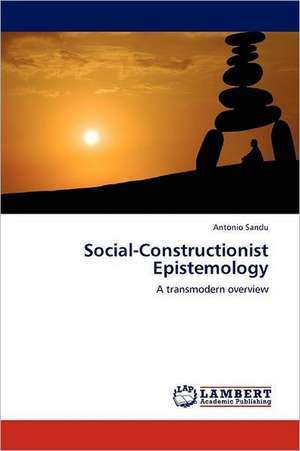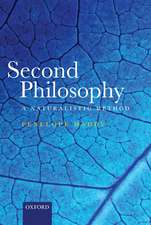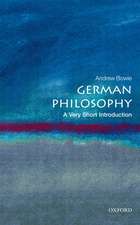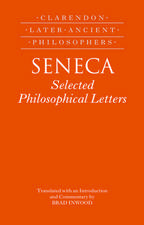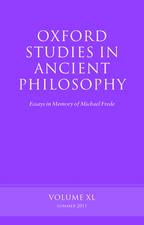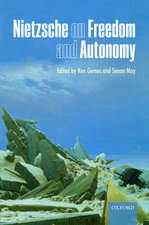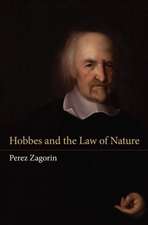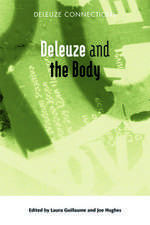Social-Constructionist Epistemology
Autor Antonio Sanduen Limba Engleză Paperback – 10 apr 2012
Preț: 415.34 lei
Preț vechi: 451.46 lei
-8% Nou
Puncte Express: 623
Preț estimativ în valută:
79.48€ • 82.88$ • 66.06£
79.48€ • 82.88$ • 66.06£
Carte tipărită la comandă
Livrare economică 21 martie-04 aprilie
Preluare comenzi: 021 569.72.76
Specificații
ISBN-13: 9783848497324
ISBN-10: 3848497328
Pagini: 200
Dimensiuni: 152 x 229 x 12 mm
Greutate: 0.3 kg
Editura: LAP LAMBERT ACADEMIC PUBLISHING AG & CO KG
Colecția LAP Lambert Academic Publishing
ISBN-10: 3848497328
Pagini: 200
Dimensiuni: 152 x 229 x 12 mm
Greutate: 0.3 kg
Editura: LAP LAMBERT ACADEMIC PUBLISHING AG & CO KG
Colecția LAP Lambert Academic Publishing
Notă biografică
Antonio SANDU has a Ph.D. in Philosophy. Author's contributions in the field aims to develop an appreciative ethic of care, derived from the appreciative constructionist perspective and a new semiotic methodology, called fractal constructionism. The author also develops a model of applied philosophy, called Appreciative Philosophical Counseling.
